3 Key Elements to Healthy Living after Breast Cancer
Breast cancer is a harrowing experience. But it doesn’t have to define your future. With the right approach and knowledge, you can live a healthy, happy life after breast cancer treatments are finished. Let’s look at the 3 key elements to healthier living after breast cancer and how they can easily fit into your life.
I am Patricia and I was diagnosed with breast cancer in 2013. I thought my life was over. And, in a sense it was. I struggled through two surgeries, chemotherapy, radiation and several different hormonal therapies. But I made it through and I actually made my life better. I learned about, studied, and followed the three keys of healthy living. These three pillars include exercise, nutrition, and mindfulness.

What does healthy living mean to you?
After being diagnosed with breast cancer, like many survivors, you are interested in a healthier lifestyle. You know that healthy living can help you feel better both physically and mentally. Additionally, you likely know that healthy habits reduce your risk of recurrence.
One of the most important things when it comes to healthy living after breast cancer is diet. The foods that you eat have a major impact on your overall health, which can include side effects related to cancer treatment or recovery.
Next, exercise is an often overlooked but very important part of living a healthy lifestyle. Being more active, although difficult in the beginning, actually gives you more energy and improves your strength, balance and flexibility. You simply feel better after a workout.
And finally, embracing your life mindfully with intention and purpose gives you back the confidence, dignity and self-worth that you deserve.
This sounds great, doesn’t it. Let’s go a little deeper into each one of the key elements.
First Key: Healthy Eating After Breast Cancer

Healthy eating habits are essential to maintain adequate nutrition for healing after treatments. Only about 25 – 45% of cancer survivors eat enough vegetables and fruits. And about 50% of women have no idea on how much protein they should be eating every day. In one study, as many as 46% of older adults did not get enough protein in their diets. It seems that either people don’t know how or they don’t like to eat a healthy diet.
Healthy eating means adding more vegetables to your daily meals. It means balancing your macronutrients, such as protein, carbohydrates, and fats, to match your lifestyle. And, eating a healthy cancer-fighting diet means limiting the amount of refined sugars, processed foods and red meats that you eat. Ensuring you stay within a daily allotment of calories to prevent an excess of body fat stores is also a part of a healthy diet. Finding ways to do this and make it enjoyable isn’t as difficult as you may think.
Second Key: Being Active After Breast Cancer

Being active can help reduce fatigue, lessen bone loss, and prevent weight gain that is common with breast cancer medications. But after going through treatments, you don’t really feel like working out. You are exhausted all the time and can’t find any extra energy to exercise. This is called cancer-related fatigue. And guess what the best treatment for it is? Yes, it is exercising. How completely opposite is that. No wonder so many cancer survivors don’t get the recommended 150 – 300 minutes of cardio into their weeks.
But you don’t have to go to the gym for an hour long maximum-intensity workout to get the benefits of exercise into your day. Doing a little here and there can improve your health drastically. Getting up and moving around for at least 15 seconds multiple times per day, has been shown to give health benefits to sedentary people. Researchers call these bursts of activity Exercise Snacks. So, starting with these may give you the energy to be more active as you become more fit.
Third Key: Living Mindfully After Breast Cancer

When we think of healthy living, we think of a nutritious diet and lots of exercise. But there’s another aspect of healthy living that is of immense importance. And, sadly, it is often overlooked. After breast cancer, practicing mindfulness is necessary for the emotional and mental health toll that cancer can take on you. It is about healing minds too.
So, what exactly is mindfulness? Mindful living is focusing on the present moment and reducing stress surrounding thoughts of the past and future. Mindfulness is calmly acknowledging and accepting your feelings, thoughts, and sensations. Often it is equated with self-care and meditation, which are just two techniques for living mindfully.
You may think that mindfulness is about exploring spirituality and is solely metaphysical. However, scientific evidence demonstrates that it is grounded in biology and has a tremendous impact on cancer survivorship. Living mindfully helps you recover from cancer treatments.
So, Why is it so hard to make these healthier changes?
You know all this, right? Well, then why is it so hard to put these 3 key elements into action?
It is hard because, if you are like most people, you are ambivalent about it. You may feel two ways about changing your life. On the one side you know you will feel better, have more energy and hopefully ward off a cancer recurrence if you adopt these 3 keys to healthier living after breast cancer. But on the other side, you liked your old life. It was comfortable. The food tasted good. And, besides, you just don’t have the energy to be more active or make healthy meals. You are simply just too exhausted. Does this sound about right?
You are in good company. Overall, less than half of cancer survivors are not successful at adopting a healthy lifestyle after their treatments are completed. That means millions of people are choosing to remain with their old, comfortable habits instead of changing to healthier ways of living. It is hard to change. But it is not impossible. And it is important for a better quality of life.
How Do You Motivate Yourself To Adopt Healthier Habits Into Your Daily Life?
There are a few things you can do to motivate yourself to include healthier habits in your daily life. Consider working through the pros and cons of changing versus not changing.
Try this:
Take a piece of paper and divide it into four sections with the headings:
- The Pros of Old: What I like about my old habits
- The Cons of Old: What I don’t like about my old habits
- The Pros of New: What benefits would I get for changing to healthier habits
- The Cons of New: What negative effects are there to changing to healthier habits
One at a time, do this for each habit you are thinking about changing or were told you should change. Take about 10 minutes and jot down what your gut is telling you in each section.
After you are done, highlight your priorities no matter where they are on the list.
Now take a short break. Go make a tea, walk around the block, or check your emails. Do something else to clear your head. Then, go back and look at that piece of paper. What is it telling you? Is it better to stay where you are or make the change?
Be Proactive with Your Health
It is important to be proactive with your health after breast cancer treatments. Change is not easy. If it is important to you, you will find a way to stay motivated and form the necessary habits for a healthier lifestyle. Keeping these three key elements to healthier living after breast cancer in mind makes it easier to organize your thoughts to form your plan for transformation.
Post Photo Credits: depositphotos.com and kamboopics.com
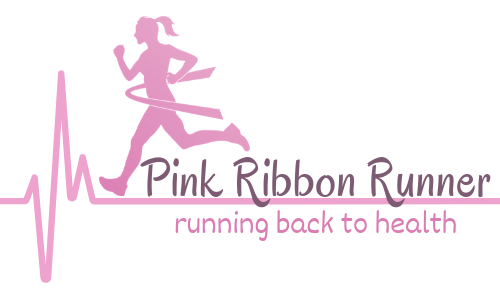



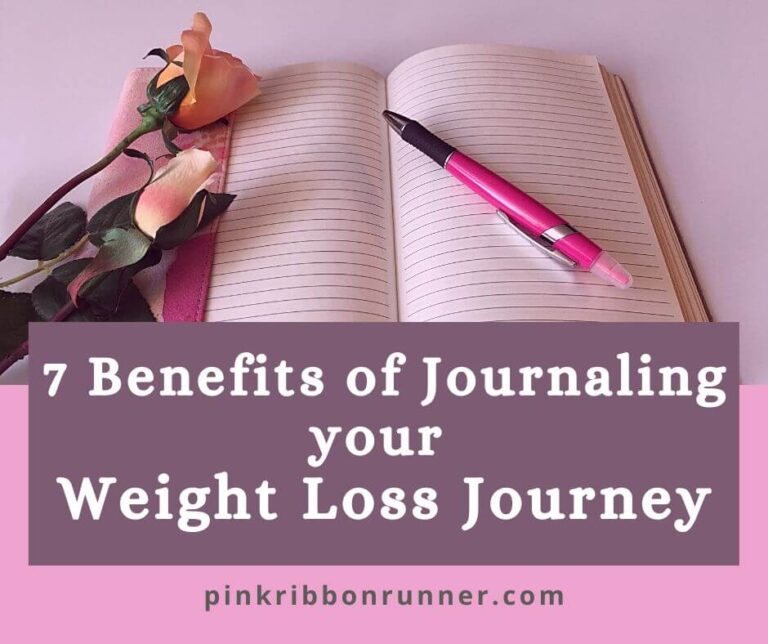


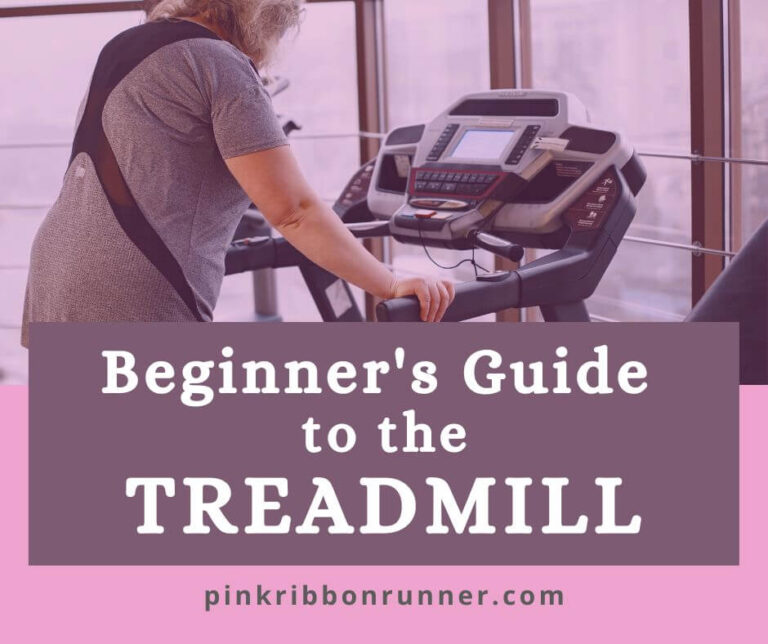
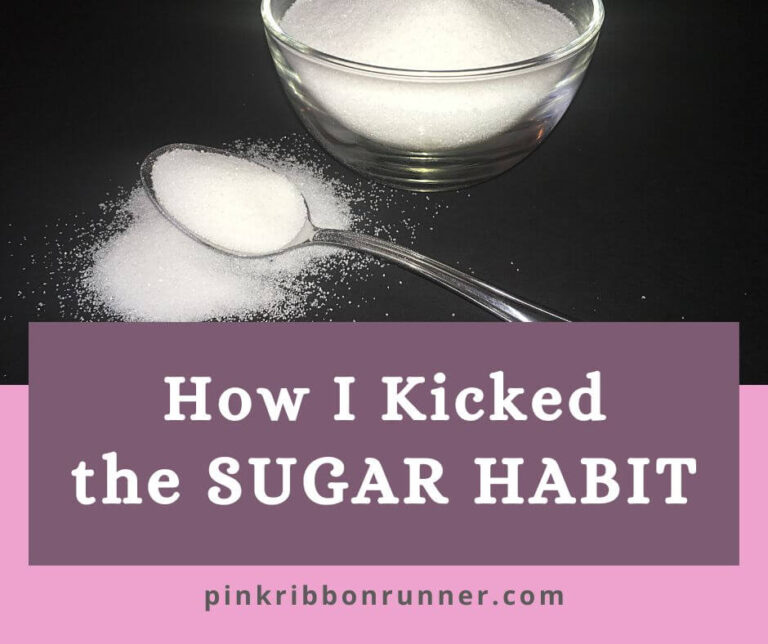
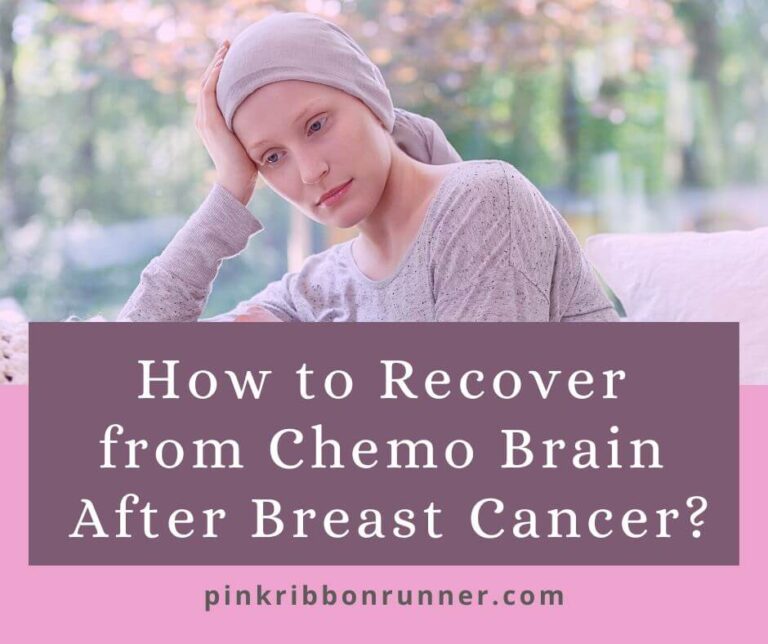
Survivor
Welcome to Pink Ribbon Runner. Be sure to join our Cancer Survivors’ Healthy Living Network on Facebook.